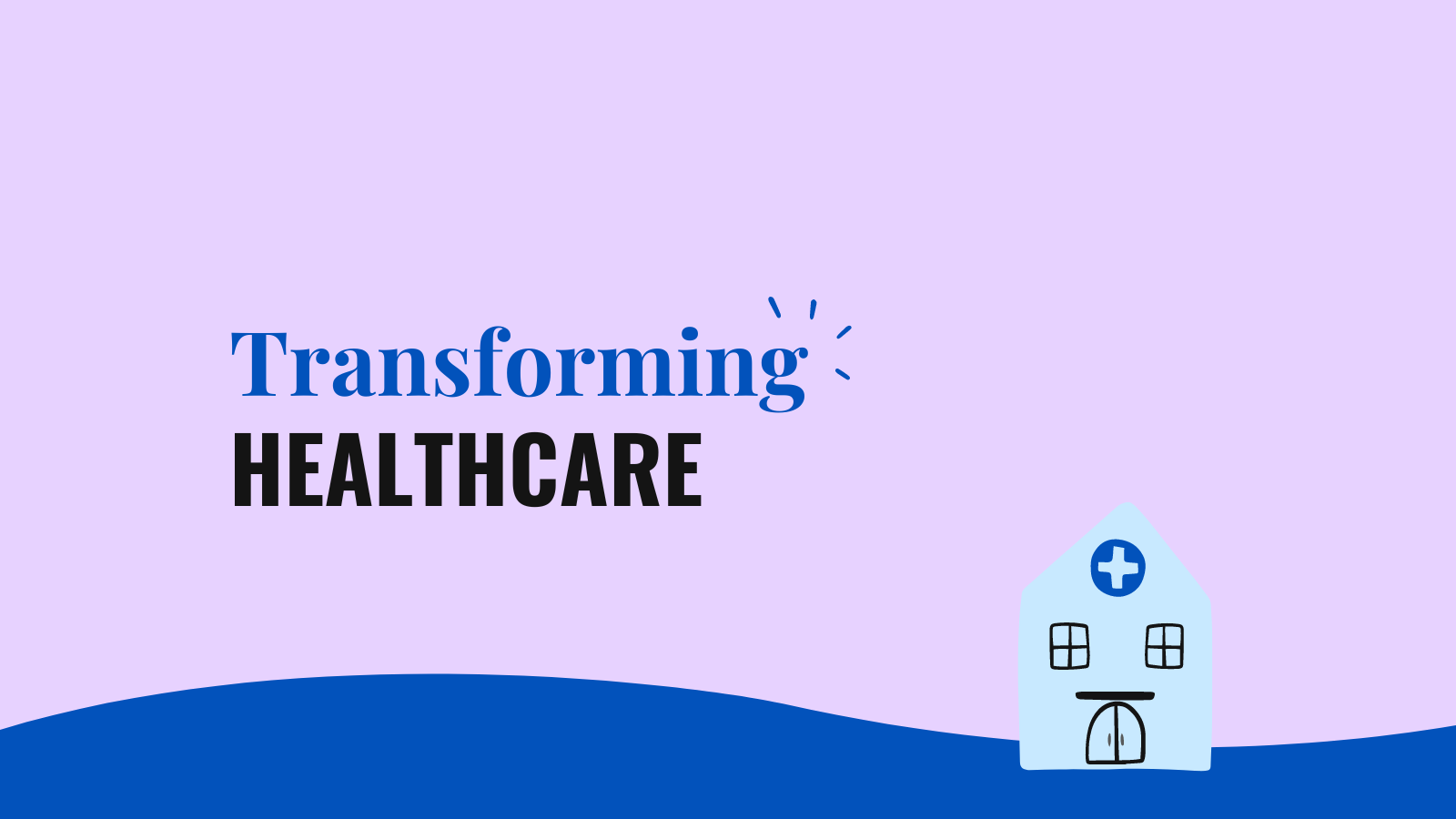As a society, we have come to realise there is no health without mental health. Yet people with mental health problems still face a disparity of outcomes, a lack of availability of treatment, and the general perception that mental health concerns are not considered equal to physical health. This situation has only been made worse since the pandemic, with mental health services put under even more pressure than before.
In spite of the dedication of individuals in the NHS working to improve the lives of people experiencing mental health problems, this is often made difficult by a lack of funding, complex patient needs, and overwhelming demand.
Could technology provide the answer?
Here are five ways Intelligent Automation can help NHS Mental Health Trusts.
1) Managing referrals
An important aspect of the patient journey is the referral process, which — given the demand for mental health services — can be lengthy and difficult for patients to navigate. Intelligent automation ensures that referrals are processed more quickly, giving patients a date for treatment as soon as possible. It can also be used to automatically send out additional information and advice to patients, providing them with support as they wait to be seen.
2) Processing appointments
Once patients have a referral, they need an appointment. Yet high volumes of patients and limited treatment availability puts pressure on administrative teams. Delays in the availability of appointments (for example, as a result of Covid-19) or scheduling difficulties can also lead to significant backlogs. These are demoralising for staff and often mean additional communication with patients is needed, to avoid appointments being arranged for those who no longer require treatment. Clearing appointment backlogs and dealing with the high volume, repetitive aspects of appointment processes can easily be carried out via intelligent automation.
3) Automating prescriptions
Pharmacy services are an essential function of mental health care, particularly for inpatients at hospital sites. With each prescription required to go through a review and validation process, this is a time-consuming task that takes pharmacists away from other aspects of patient care. By automating elements of the prescription process, staff can spend more time in a clinical setting, whilst also ensuring medication is dispensed accurately and efficiently.
4) Liaising with other services
Given the complex needs of many mental health patients, many care services liaise with other specialists or community based teams. Intelligent automation can facilitate this process, securely transferring case notes, integrating patient data with the systems of other services, and managing treatment pathways, enabling patients to receive the support and care they require more quickly.
5) HR and back office processes
Just like any organisation, NHS Mental Health Trusts can benefit from intelligent automation to streamline back office processes such as onboarding, invoicing and payroll. The technology can automatically add employees to relevant IT systems, verify and approve invoices, and manage administrative HR functions, enabling staff to improve the level of service they offer and focus on more value-adding tasks elsewhere.
No health without mental health
As these examples demonstrate, intelligent automation is a useful tool for the specific challenges faced by Mental Health Trusts, as they provide everything from specialist outpatient services, to inpatient care. By automating the high volume, repetitive, manual tasks associated with these operations, Trusts can instead focus on delivering the quality of care patients deserve, helping people to navigate their mental health challenges, and — in these difficult times — helping more people overall.

Transforming healthcare
Discover how we accelerate digital transformation in the NHS, delivering innovative, user-centred solutions that improve patient outcomes and streamline services.
Work with us
Enhancing healthcare training data management
Building user-first data management systems with Health Education and Improvement Wales
Read moreOur recent insights
Transformation is for everyone. We love sharing our thoughts, approaches, learning and research all gained from the work we do.

Building a better NHS through system change
The Darzi Report shows the NHS needs urgent reform. Digital transformation & patient-centred care must be at the heart of this change.
Read more
How the government can meet its NHS pledges
With Labour now in power, we share how we think they can make good on their health commitments
Read more
The NHS shouldn’t be using AI…Yet
Artificial intelligence could transform our health service, but we need to act now so it can effectively harness its benefits
Read more

